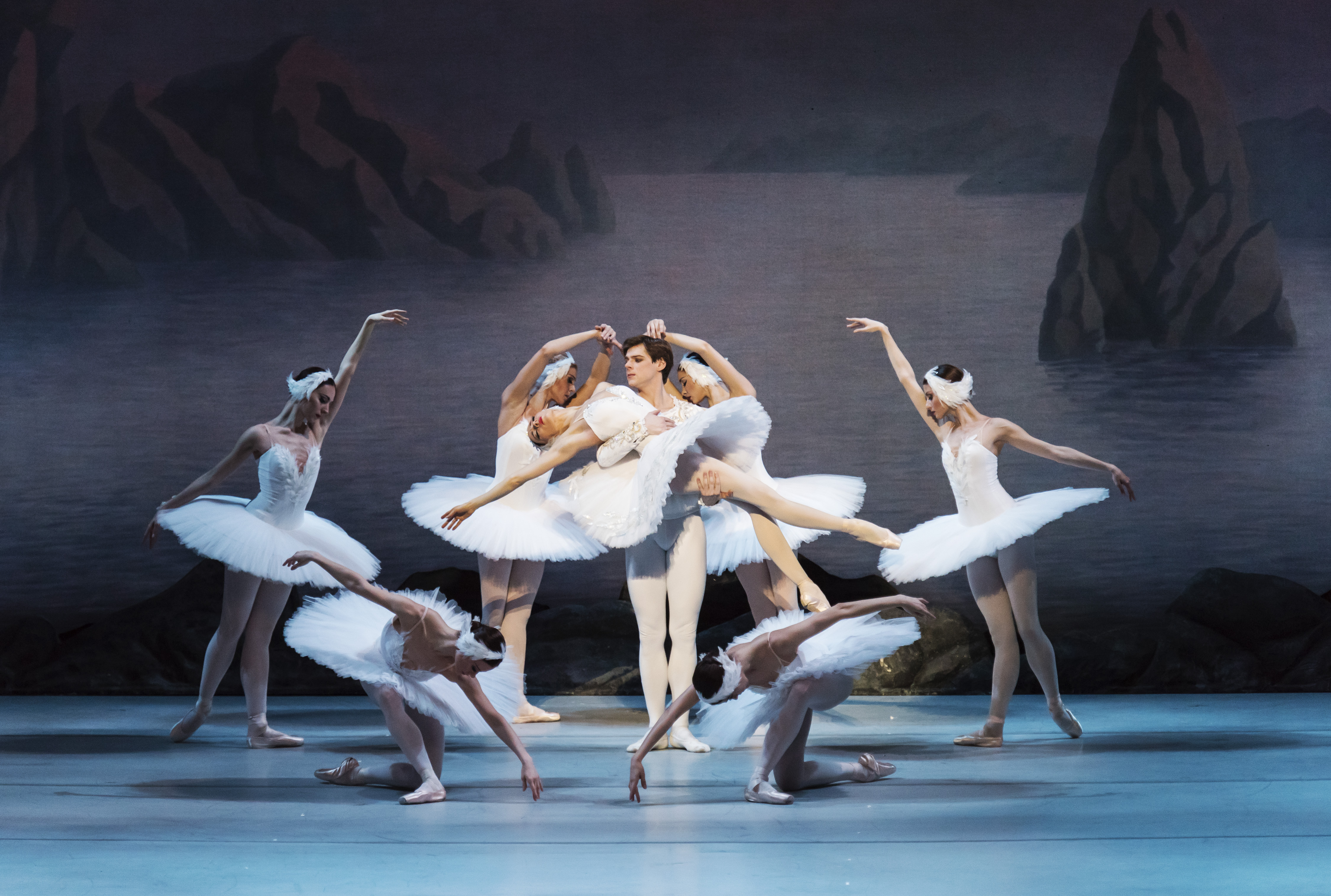

Music has long been used to express emotions and evoke memories, whether it’s a couple’s wedding song, a breakup anthem (hello, Harry Styles – Fallen), or something that simply reminds you of summer, childhood, or a fun night out. For those suffering with Alzheimer’s Disease, however, simply listening to music can become one of the key ways to tap deep emotional recall, which otherwise could be lost completely.
The significance of music and its ability to evoke memories is perfectly encapsulated in an emotional video that’s been making the rounds online today. The clip shows Marta C Gonzalez, a former prima ballerina with the New York Ballet listening to Tchaikovsky’s famous ballet Swan Lake.
In the video, which was originally shared by Asociacion Musica para Despertar, a Spanish charity which uses music to improve memory and mood in dementia patients, Gonzalez listens to the music through a pair of headphones, replicating the choreography she learned years prior. At the end of her performance, Gonzalez is met with applause by those in the room, before being comforted after she tells her carers she’s feeling “emotional.”
Gonzalez passed away in 2019.
Actress Jennifer Garner was one of many to share the moving video, writing on her post, “Our innate connection to music, to movement, to the arts, is beautiful. This former ballerina’s sense memory of Swan Lake—just does me in, it’s so lovely. Thank you to everyone in the fight against Alzheimer’s.”
Actress Selma Blair responded to Garner’s post, writing, “Thank you. This is so moving,” while Kirsten Bell wrote, “THIS IS SO BEAUTIFUL” and Tabitha Brown commented, “Music is connected to the soul.”
Others who have personal experience with dementia patients also shared their stories. “I worked in Alzheimer’s/dementia and I had a resident who could not put five words together. We got her an iPod, she sang every word to every song. Music is powerful,” one person wrote.
“I am a speech pathologist that works in nursing homes,” another shared. “Once I had a patient that didn’t know her name or where she was, but when I put her in front of a piano, she could play a handful of songs flawlessly.”
According to the World Health Organisation, around 50 million people worldwide have dementia and there are nearly 10 million new cases every year. Alzheimer’s, the most common form of dementia, contributes to 60–70% of cases.
Though there is no treatment currently available to cure dementia or to alter its progressive course, the fact that music alone can bring someone back – even if just for a few moments, just like Noah and Ally had in The Notebook – shouldn’t be overlooked.














